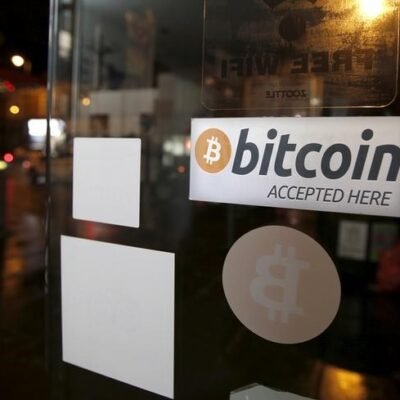The unregistered offering, which raised at least US$51 million from investors, resulted in numerous breaches of securities law, the panel found, including that the company, its founder Troy Richard James Hogg, and various related companies engaged in unregistered trading, illegal distribution and fraud.
“Significant funds were raised from investors based on broadly circulated promotional materials allegedly containing false and misleading statements,” the panel said in its decision on liability.
A future hearing will be held to determine any penalties against the respondents.
A critical issue in the case was whether the scheme involved securities, and the panel found that the tokens alone didn’t qualify as securities.
“We were not convinced by the commission’s assertion that the tokens here are a ‘smart contract,’ ‘contract,’ ‘equivalent of a written document,’ or that they have ‘terms’ embedded within them,” the panel said in its decision. There was no evidence supporting these claims, it said.
“We were also not satisfied that the tokens here are an investment instrument like a share certificate,” it said. “It was not established that there is anything inherent in them that gives investors any interest in Cryptobontix or a business.”
However, the panel found that the scheme to offer the tokens and the representations made to investors amounted to an investment contract.
“Without those representations, there is no investment contract in this case,” the panel said.
The representations included that the scheme was pitched to investors as an investment opportunity to generate profits — based on the earnings from crypto mining activity and from the value of the assets that purportedly backed the tokens — and that investors would expect to share in those profits.
“[T]he potential to profit from the tokens was repeatedly represented to potential investors through various materials that were widely available,” the tribunal said, and these profits were to be generated by the efforts of others, with investors simply contributing capital to the scheme.
While the panel ruled that the tokens themselves didn’t qualify as securities in this case, “our decision should not be taken to mean that in no circumstances can a crypto token ever be a security,” it said in its reasons. “Every case will depend on its facts.”
The respondents didn’t participate in the hearing, after the tribunal rejected their application for a stay of the case.





